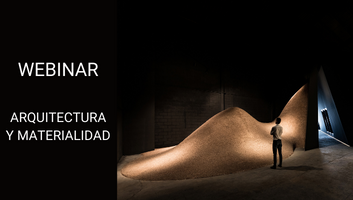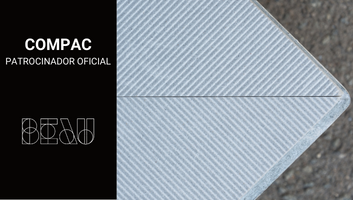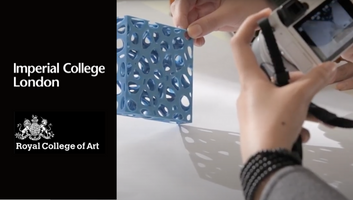COMPAC & Royal College of Art and Imperial College London
COMPAC has partnered with the Royal College of Art and Imperial College London to support talent by issuing a new challenge to young engineers and designers of the future.
‘Looking forward and be aware for innovation’ is the motto under which COMPAC, Royal College of Art and Imperial College London work every day.
Together, we have created a module where design and engineering students look into the future’s eyes to see what’s coming next. COMPAC, Royal College of Art and Imperial College London are a breeding ground for innovation.
We’ve worked together on a module where design and engineering students can look to the future of surfaces and unleash their creativity.
This video was filmed before the appearance of COVID-19 and the lockdown imposed by the Government.
We asked MA/MSc Innovation Design Engineering students of the Royal College of Art and Imperial College London the question, ‘in 2030, what if COMPAC Surfaces could…?’ and gave them the assignment to develop the materials that will change the world of surfaces.
We asked the students to look forward and imagine the future.
Zsofia Faix, our Business Development Manager introduced to Innovation Design Engineering students COMPAC’s philosophy and talked about the future of surfaces in 2030.
Arik Levy, together with COMPAC, Royal College of Art and Imperial College London talks to Innovation Design Engineering students about the future of surfaces in 2030.
The result of the projects elaborated by the IDE students in the subject carried out in collaboration with COMPAC, Royal College of Art and Imperial College London surprising. The talent and creativity of the future designers and engineers bodes revealing innovations in the world of surfaces. Innovation and progress are essential values in order to advance and create the materials that will revolutionize the future of surfaces. Paco Sanchis, CEO of COMPAC, has given students useful advice for their future.
Teamwork is one of the fundamental pillars for innovation and progress. COMPAC, in collaboration with the Royal College of Art and Imperial College London, has carried out a project that has generated surprising results. Its coordinator Weston Baxter stresses the importance of the synergies created in multidisciplinary work teams to obtain successful results in the design and development of new materials projects.
The students of Royal College of Art and Imperial College London have presented their final projects about surfaces of the future. Here you can see some of the spectacular projects they worked on in this module.
Sustainability, utility, recycling, new applications… These are the often repeated principles that guided the innovative work created by students taking part in a collaborative module COMPAC carried out with the Royal College of Art and Imperial College. London. In the near future, surfaces will behave differently. This module invited future engineers and designers to create the surfaces of the future – here are the spectacular results.
Future designers and engineers from the MA/MSc Innovation Design Engineering course have portrayed their ideas and knowledge on the final projects of the module created by COMPAC in collaboration with Royal College of Art and Imperial College. Students have developed materials that can lead the innovation of surfaces in the future.
Work team is one of the fundamental pillars of innovation and progress. it has been demonstrated by MA/MSc Innovation Design Engineering students in their final projects of the module developed by COMPAC together with Royal College of Art and Imperial College London The synergy created in multidisciplinary work teams has delivered exceptional results in the design and development of new materials.
Paco Sanchis, CEO COMPAC highlights the creative and innovative vision of MA/MSc Innovation Design Engineering students in the module developed in collaboration with Royal College of Art and Imperial College London. Together with Dr. Weston Baxter, have expressed their appreciation for the student’s creativity and effort on the projects which have proved new discoveries and innovations in the world of surfaces.




